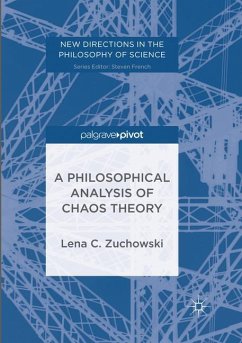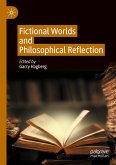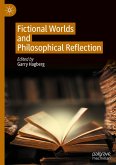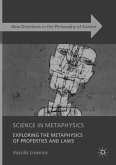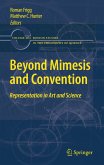This book provides an analysis of the construction, diagnosis (as chaotic) and evaluation of models in chaos theory. It contains a detailed look at the interaction of the different models used in chaos theory and analyses how these models influence the way chaos is defined. Furthermore, the book discusses the conditions for the occurrence of chaos and the detection of chaos in nature.
"The author discusses basic issues in the emergent chaos theory that, in a few decades, had enormous impact in science and philosophy. The book is a smooth introduction to the basic concepts of chaos theory ... . This book is a valuable contribution to the discussions about the philosophy of chaos theory." (Ubiratan D'Ambrosio, zbMATH 1387.00016, 2018)
"I did find the book interesting to read. In particular, I found it interesting that mathematical modeling and numerical approximation play an important role in the author's philosophical considerations of chaos theory. ... I still find the book to be largely readable and the writing to be clear and accessible." (Jason M. Graham, Mathematical Reviews, March, 2019)
"I did find the book interesting to read. In particular, I found it interesting that mathematical modeling and numerical approximation play an important role in the author's philosophical considerations of chaos theory. ... I still find the book to be largely readable and the writing to be clear and accessible." (Jason M. Graham, Mathematical Reviews, March, 2019)

